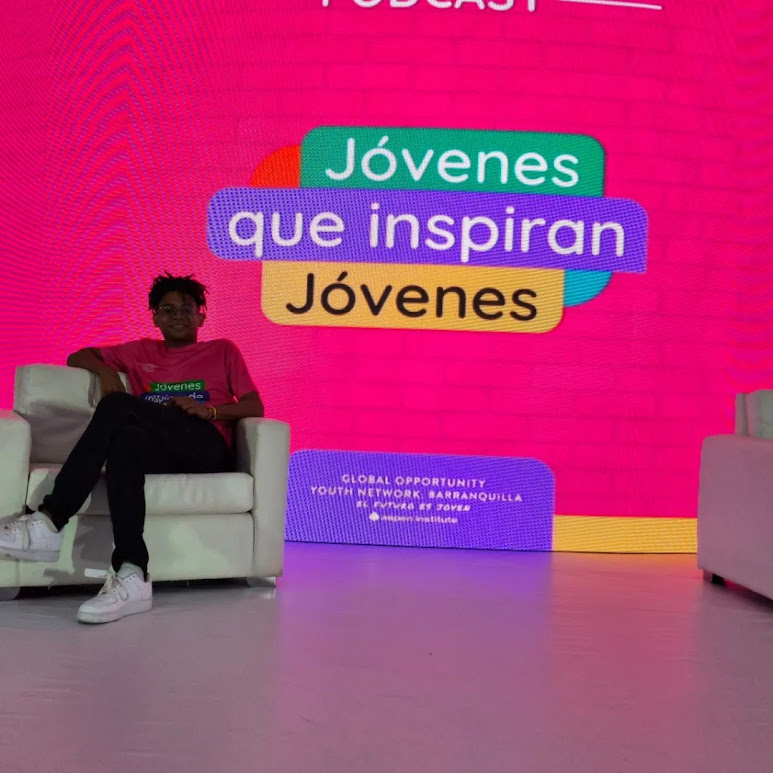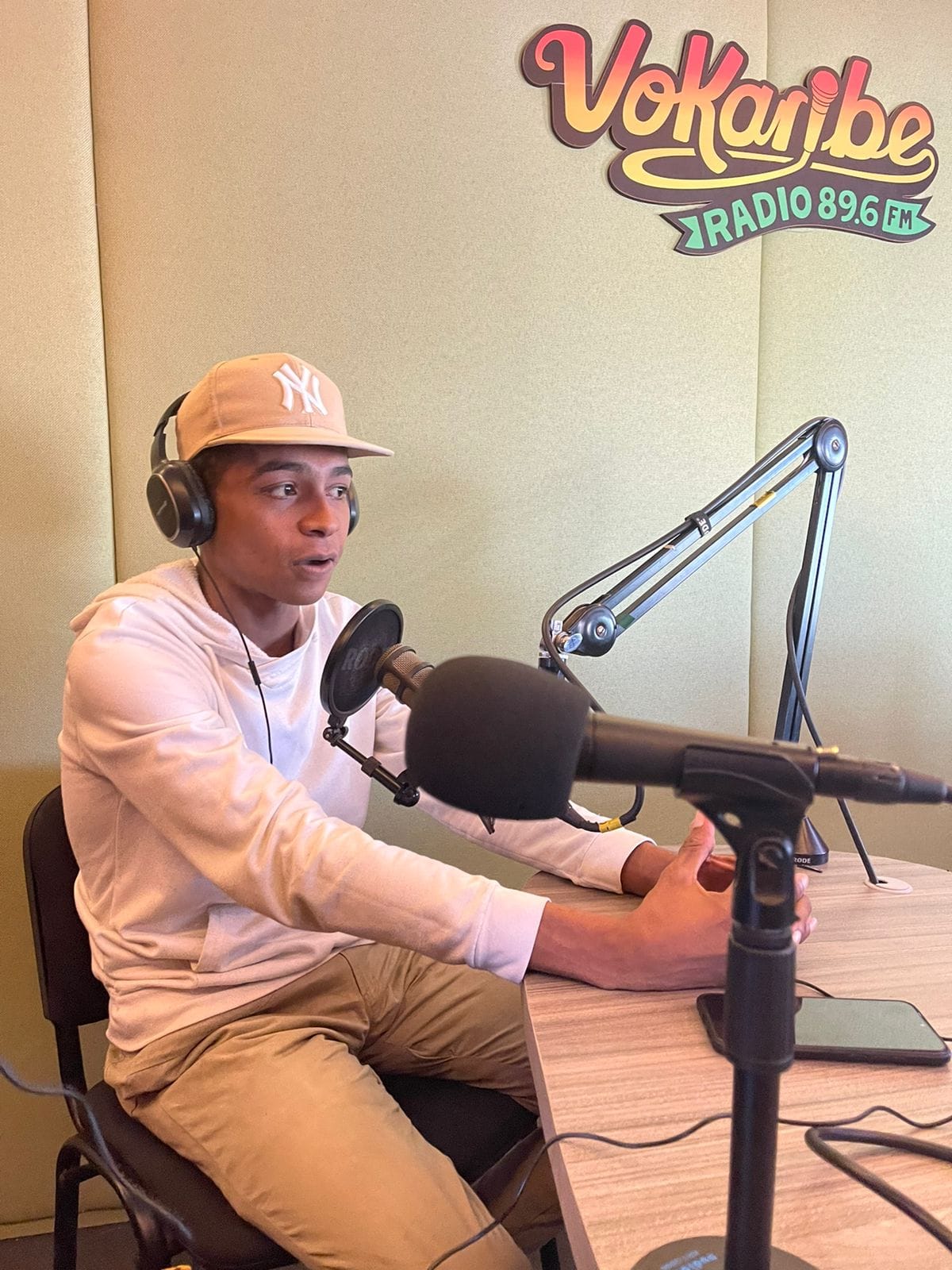By Randy Marquez
GOYN ALUNIM
Introduction
In a global context marked by information overload, polarized discourse, and the growing spread of fake news, communication takes on a new dimension: it is both a field of dispute and a key tool for social transformation. Faced with this scenario, young people are not only recipients of these information flows, but also active protagonists in the production, circulation, and verification of content.
With a strong presence in digital environments, young people face the challenge of building their own narratives, dismantling stereotypes, and defending the truth in a saturated media ecosystem. Their participation is key to **promoting a critical, informed, and transformative citizenry** that knows how to face the challenges of the present with creativity and commitment.
Communication as a Tool to Combat Disinformation
Today, more than ever, communication must be understood as a **collective process of constructing meaning**. It's not enough to simply send messages: it's necessary to promote dialogue, critical thinking, and the constant verification of information.
Young people, with their mastery of digital platforms and critical outlook, are in a privileged position to create counternarratives that dismantle hate speech, media manipulation, and political propaganda. By telling their own stories, from their realities and territories, they strengthen community trust and build new references.
In this scenario, media literacy becomes an essential tool for transformation: **communicating well is resisting, healing, and transforming**.
Articulation as a Strategy Against Information Manipulation
Social media has been essential for connecting young people, but it has also been a breeding ground for misinformation. Therefore, it is urgent to strengthen spaces for collective interaction, where young people can share experiences, learn to identify fake news, and generate organized responses.
When alliances are forged between youth groups, community media, social organizations, and educators, the capacity to respond to manipulation campaigns is multiplied. These collaborative spaces allow for the promotion of values such as truthfulness, empathy, and solidarity, which are so necessary in the face of social fragmentation.
Furthermore, the coordination between local and international actors allows for the sharing of best practices and methodologies to enhance ethical, inclusive, and impactful communication.
From Representation to Influence in Digital Citizenship
In the digital age, giving voice to youth is not only about opening spaces for expression, but also about ensuring that their perspectives and knowledge influence the decisions that govern virtual environments.
Youth participation in digital governance is key to promoting policies that protect human rights online, promote equitable access to information, and combat algorithmic bias. Young people are not just consumers of content: they are creators, curators, and influencers of social change.
From awareness campaigns to youth-led fact-checking projects, there are multiple ways to impact the information ecosystem and defend the truth as a public good.

Digital Culture and Creativity to Reimagine the Future
In the face of misinformation, creativity and digital culture are emerging as powerful tools for communicating effectively and connecting with diverse audiences. Through art, memes, podcasts, and short videos, young people are finding innovative ways to educate, mobilize, and transform consciousness.
These expressions allow us to reach other young people using a common language that connects with emotions and everyday life. Digital culture not only entertains but also educates, engages, and builds community.
By redefining culture as a political act, youth are creating new forms of peaceful resistance and critical citizenship building in the post-truth era.
In the face of the rise of disinformation and media manipulation, communication is reaffirmed as a right, a tool, and a field of struggle. Empowering youth to communicate meaningfully, ethically, and with a transformative perspective is a vital strategy for strengthening democracy and building more just societies.
Today, more than ever, we need critical, informed, and organized youth. Giving them a voice isn't enough: we must support their education, recognize their leadership, and ensure that their participation has a real impact on public decisions, both digitally and in person.
The word young, when articulated and power, It not only informs: it transforms






